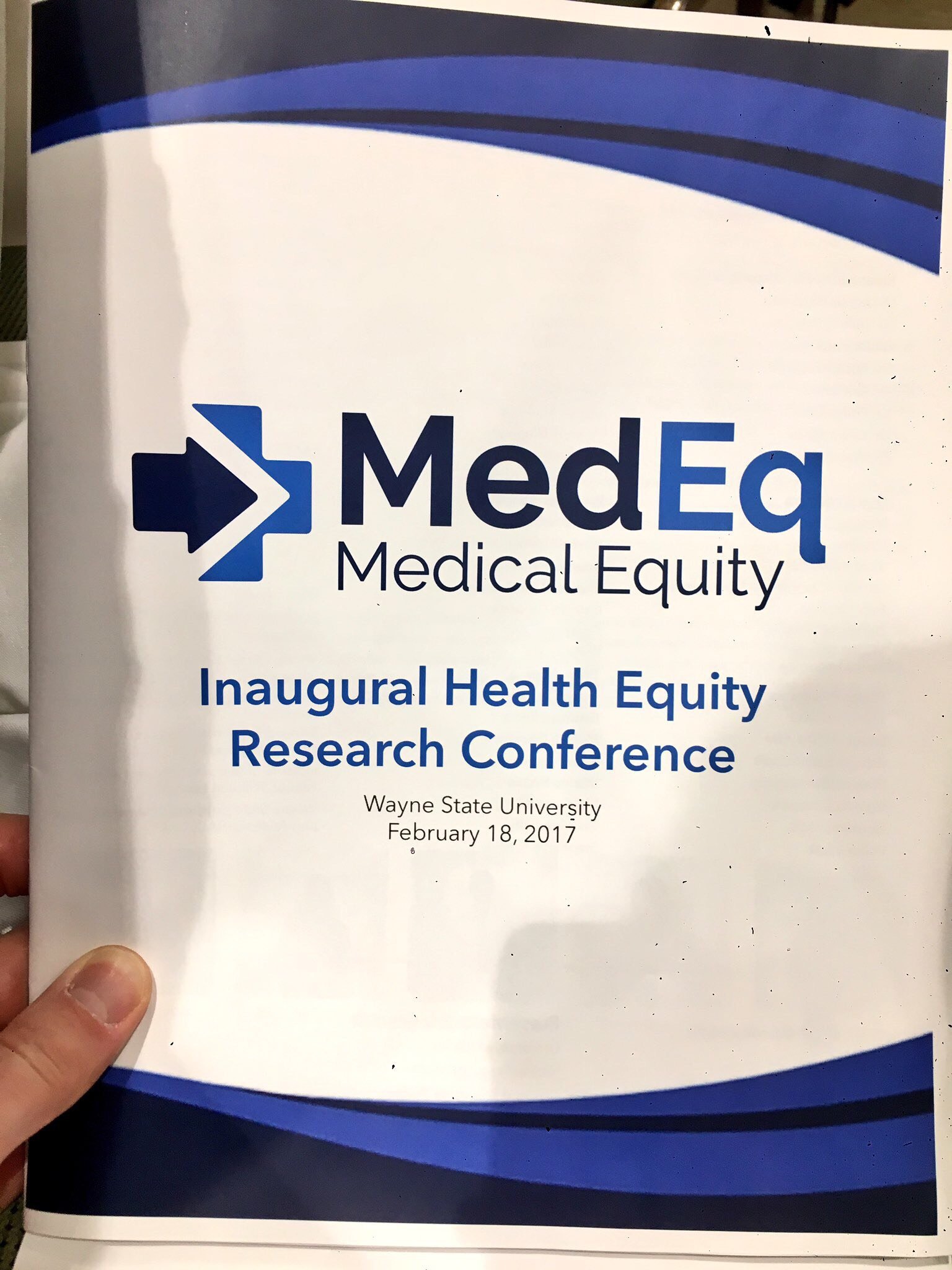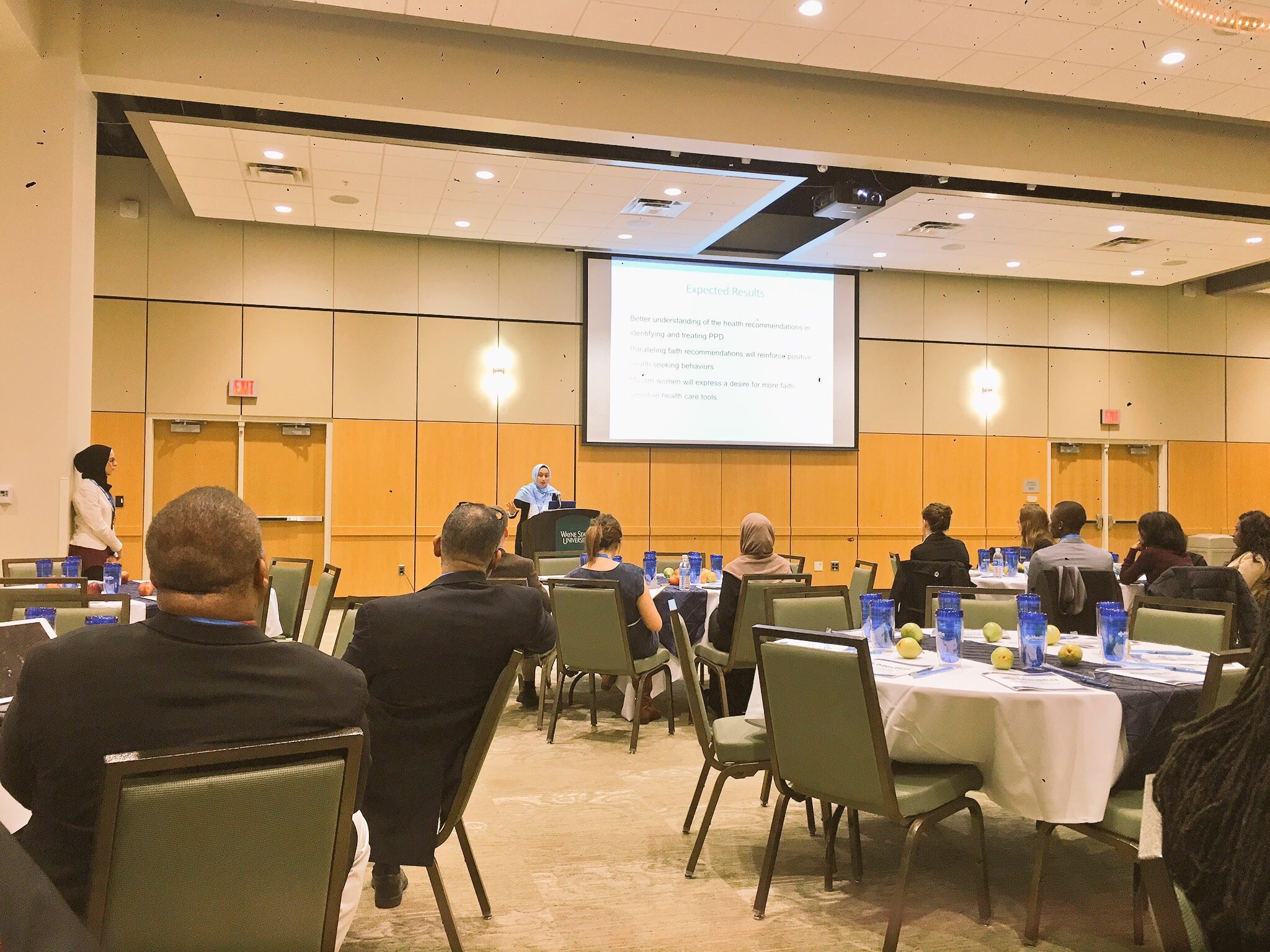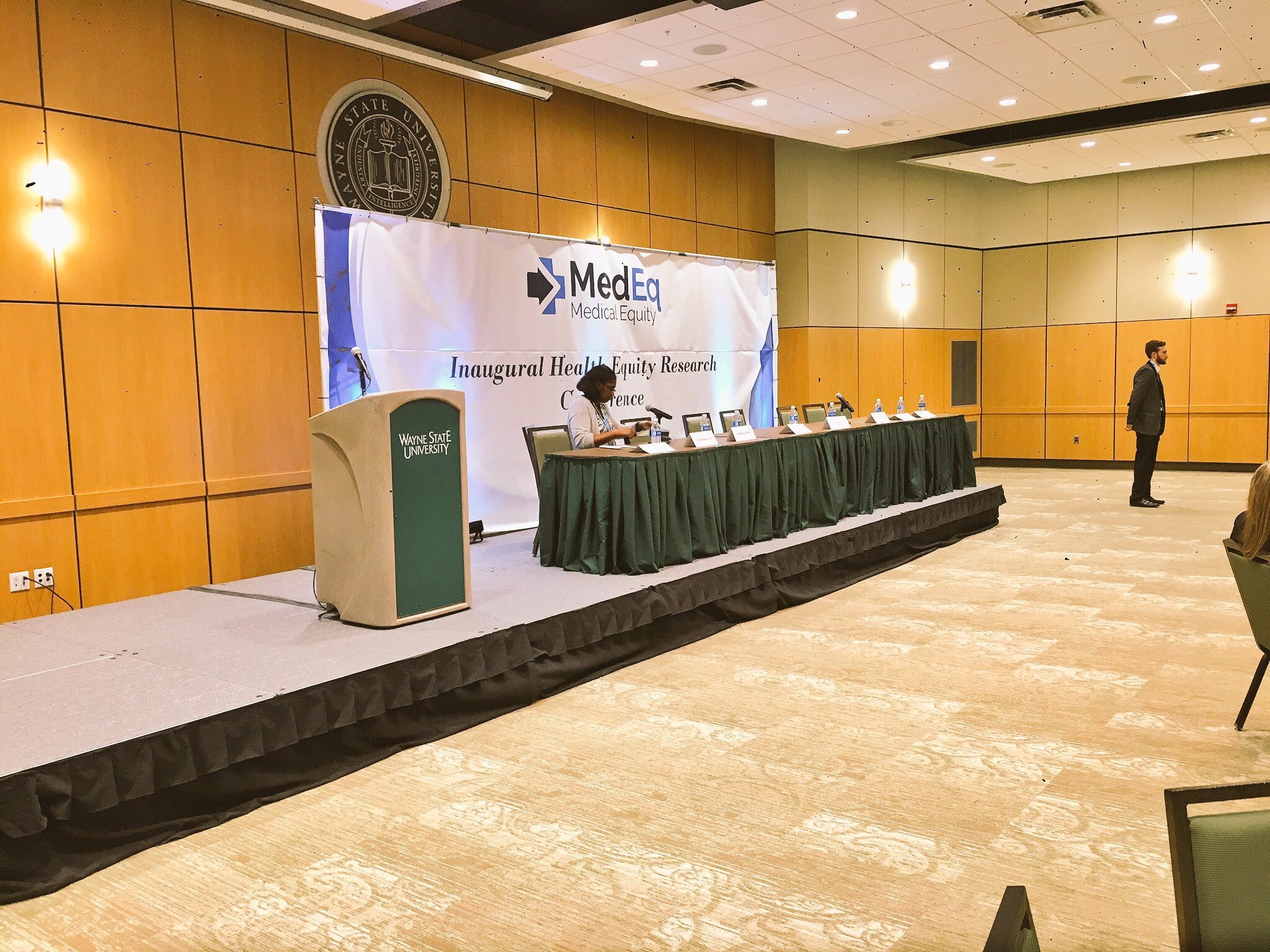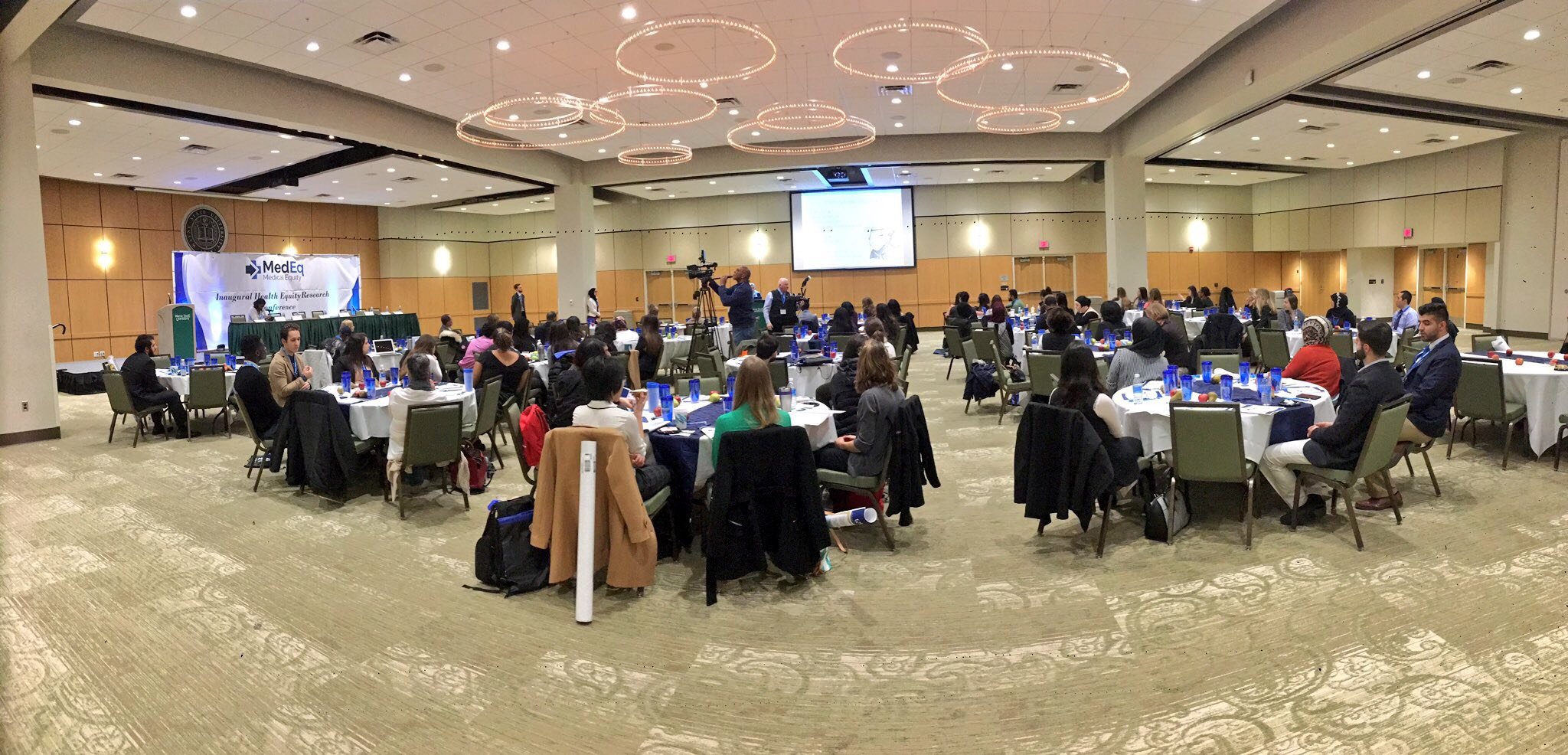Plum Health Blog
Congrats to the WSU SOM Class of 2021!
Congrats to the Wayne State University School of Medicine Class of 2021
Congrats to the Wayne State University School of Medicine Class of 2021 as they become Doctors this week! It takes 10,000 hours to become an expert in any given field of study, and these new graduates have definitely put in the time over this 4 year journey and course of study. We wish you the best as you embark on Transitional Years, Internship, Residency, Fellowship, and your practice years beyond these years of additional training.
What it takes to become a Family Physician
For those of you unfamiliar with medical education, to become a board certified family medicine physician, it takes four years of undergraduate or college study, four years of medical school training, and at least three years of residency training. That comes out to 11 years of higher education after high school to become a board certified family medicine physician.
At Plum Health, we’re incredibly lucky to work with a team of four board-certified family medicine doctors. To learn more about our team, check them out here.
Medical Equity Conference
Yesterday, I attended the Inaugural Health Equity Research Conference at Wayne State University. It was held in the student center and brought together several stakeholders in Detroit. The day began with several excellent presentations from undergraduate students and medical residents, ranging from Sickle Cell Anemia to Hearing Aids and Alopecia related to Chemotherapy.
After, a panel was held that brought together some thought leaders in the public health sphere, including:
- Dr. James Blessman, who spoke about the Citizenship Report card and the importance of eating more healthy foods, as in the Nutritarian Diet.
- Dr. Michele Cote, of the Karmanos Cancer institute who spoke about Lung Cancer screening
- Dr. Wassim Tarraf who discussed being a statistic himself, as an immigrant and adopting some of the unhealthy practices of living in America, like an unhealthy diet.
- Dr. Dawn Misra - of the Wayne State University Department of Family Medicine and Public Health who has an interest in perinatal health disparities.
- Julie Comstock-Gleason, who spoke about the importance of community health and community health workers as experts who know the community well. Currently, she's working on a project about heart health by building community health awareness groups and asking individuals to write themselves letters about what it means to be heart healthy.
- Dr. Phillip Levy is an emergency medicine physician at Henry Ford hospital and he discussed transformative moments in his career while taking care of patients in the emergency department at Lincoln Hospital. One of his quotes that stuck with me is when he referenced Roemer's law, or the idea that in an insured population, a hospital bed built is a filled bed. This means that whenever we as a community decide to build a hospital bed, it will not sit empty. This lead to further commentary about treating people who are ill rather than taking care of people so they remain healthy.
- Dr. Abdul El-Sayed, formerly of the City of Detroit Health Department, now making a run for Governor of Michigan had the audience repeat the definition of Public Health. Public Health is what we as a society do together to create healthy conditions. He also discussed how resources that keep people healthy are not evenly distributed. He noted that 40% of Detroiters don't have reliable access to transportation, creating an environment where people are not able to access basic services or meet their basic needs.
- Dr. Kim Jaffee of the School of Social work at Wayne State University discussed a pregnancy and nutrition surveillance system. Her team looks at the macro factors that affect pregnant women. She also is interested in low birthweight babies and the disparities in infant mortality rates between different communities. She is now examining the health disparities in the transgender community. One statement that she made that stuck with me is that Transgender patients who have to teach their doctor about who they are and what it means to be transgender are 3x's less likely to access care when they need it.
Health Equity is a big reason why we do what we do at Plum Health. We lower the barriers to excellent primary care services by making healthcare more affordable. We lower the costs of medications and lab testing by delivering these services at cost, saving our patients thousands of dollars each year. If more primary care doctors are able to practice in this Direct Primary Care model, we could truly make healthcare more affordable and accessible for all people.
Thanks for reading and have a wonderful day,
- Paul Thomas, MD







